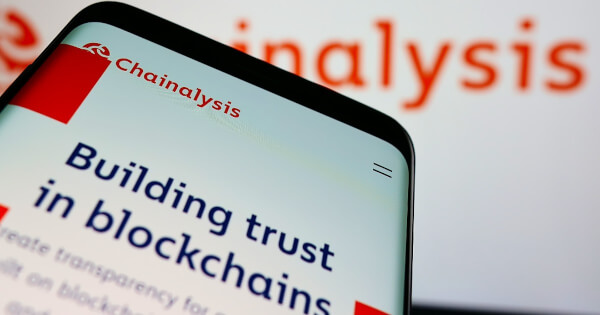Understanding Zero-Knowledge Proofs: A Deep Dive Into Blockchain Privacy


Zero-knowledge proofs (ZKPs) have become a cornerstone in the realm of blockchain security, offering a way to verify the validity of a statement without revealing any additional information. Originating from a 1985 academic paper, ZKPs have evolved to play a crucial role in enhancing privacy and security in blockchain applications, according to Chainalysis.
What is a Zero-Knowledge Proof (ZKP)?
A zero-knowledge proof is a cryptographic method that enables one party (the prover) to convince another party (the verifier) of the truth of a statement without revealing any information beyond the statement itself. Blockchains leverage ZKPs to secure interactions involving sensitive data, allowing participants to interact with greater confidence that their private information will remain protected.
Components of Zero-Knowledge Proofs
ZKPs involve at least two parties: the prover and the verifier. The prover provides a mathematical proof to demonstrate the validity of a statement, while the verifier examines this proof to either accept or reject it. Multiple rounds of communication between the prover and verifier help ensure the integrity of the information exchanged.
How Do Zero-Knowledge Proofs Work?
ZKPs utilize advanced cryptographic algorithms and mathematical concepts. Key properties include:
- Completeness: An honest prover can convince a verifier of a true statement.
- Soundness: A dishonest prover cannot convince a verifier of a false statement.
- Zero-knowledge: No additional information is revealed beyond the validity of the statement.
An example in blockchain involves a user (Person A) proving to another user (Person B) that a transaction using a privacy coin like ZCash is valid without revealing transaction details.
Types of Zero-Knowledge Proofs
ZKPs are categorized into interactive and non-interactive forms. Interactive ZKPs require multiple rounds of communication, while non-interactive ZKPs involve a single message from the prover to the verifier. In blockchain, non-interactive proofs such as zk-SNARKs, zk-STARKs, and Bulletproofs are commonly used due to their efficiency and scalability.
Applications and Use Cases
ZKPs have a wide range of applications, including:
- Authentication and Secure Identity Verification: Proving attributes without revealing actual values.
- Secure Voting Systems: Ensuring voting eligibility without disclosing voting preferences.
- Zk-rollups: Layer 2 scaling solutions that bundle transactions off-chain and post validity on the Ethereum mainnet, reducing computational burden.
- Zk-Plasma: A privacy-preserving sidechain on Ethereum.
- Decentralized Exchanges (DEXes): Facilitating asset trading without revealing trading history or strategies.
- Supply Chain Transparency: Validating credentials and product authenticity without disclosing sensitive information.
Challenges of Zero-Knowledge Proof Adoption
Despite their potential, ZKPs face several challenges:
- Complexity in implementation and deployment due to the need for advanced cryptographic knowledge.
- High computational requirements, leading to slower transaction processing and higher fees.
- Interoperability issues between different blockchains.
- Regulatory compliance and auditing difficulties due to ZKP complexity.
The Future of Zero-Knowledge Proofs in Blockchain
As the importance of privacy and security in blockchain grows, ZKPs are likely to see increased adoption. Layer 2 protocols on Ethereum, in particular, are exploring ZKP-based solutions to enhance scalability and efficiency, which could play a key role in protecting user information and facilitating blockchain interoperability.
Image source: Shutterstock
. . .
Tags
Crypto Firms Push Into US Banking
America’s cryptocurrency companies are scrambling to secure a foothold in the country’s traditional banking system, ... Read more
Ether Surges 16% Amid Speculation Of US ETF Approval
New York, USA – Ether, the second-largest cryptocurrency by market capitalization, experienced a significant surge of ... Read more
BlackRock And The Institutional Embrace Of Bitcoin
BlackRock’s strategic shift towards becoming the world’s largest Bitcoin fund marks a pivotal moment in the financia... Read more
Robinhood Faces Regulatory Scrutiny: SEC Threatens Lawsuit Over Crypto Business
Robinhood, the prominent retail brokerage platform, finds itself in the regulatory spotlight as the Securities and Excha... Read more
Ethereum Price Holds Five-year Range As Breakdown Risk Points To $950
The current Ethereum price is within a long-term five-year range and positioned below key volume levels, increasing the ... Read more
400 Million Coins Left: BlockDAGs $0.0005 Entry Price Is About To Vanish Forever
BlockDAG is entering its final presale hours at a fixed price of $0.0005, with only 400 million coins remaining before p... Read more

